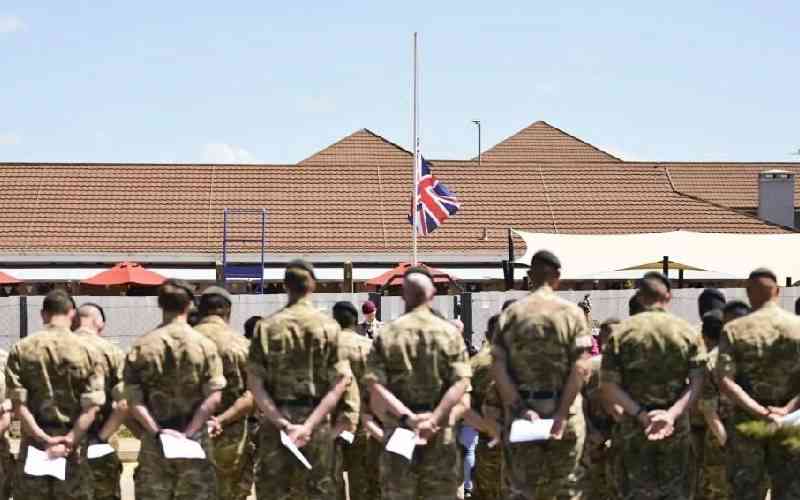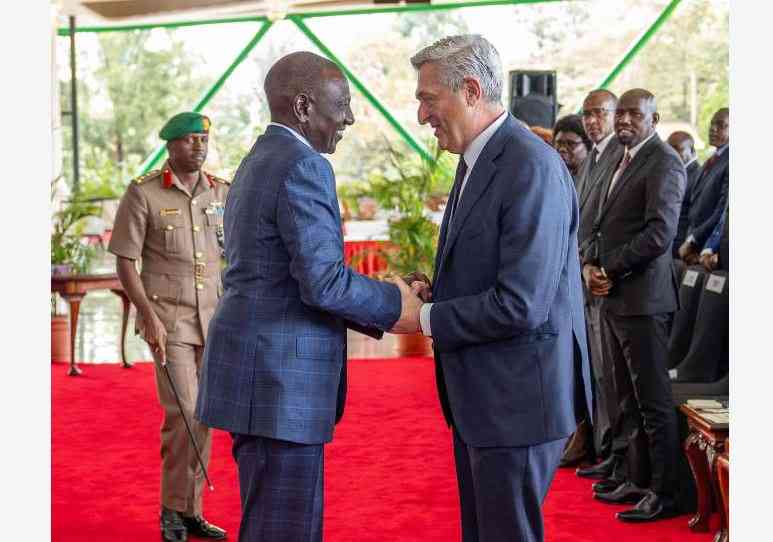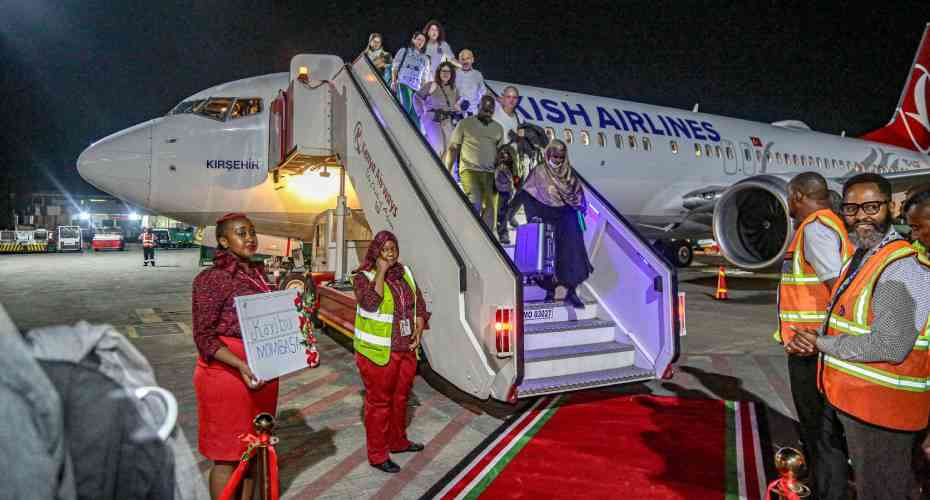
On October 3, London's Family Court issued a crucial ruling that could have long-term consequences in Kenya. Seven Kenyans won a paternity case, proving their fathers were British soldiers stationed in Kenya.
Public DNA databases helped identify the fathers: six served with BATUK (British Army Training Unit Kenya), and one was a contractor. This is the first UK court case to establish paternity using commercial DNA databases.
It is a narrow case with wide consequences: earlier in August 2025, UK authorities have decided to release the last known contact details of 11 soldiers so that their abandoned children and their mothers could confirm paternity and receive child support.
Investigators used commercial DNA databases to connect the children to men who served in Kenya. The ruling opens a path to legal recognition and financial support for hundreds of children abandoned by British soldiers in Kenya.
This is not an isolated matter of several families. In towns like Nanyuki, «BATUK babies» have grown up without recognition or support.
Mothers describe brief relationships in which promises of marriage or monthly help vanished when a soldier returned to the UK. Those “children of white men”, cut off from their fathers, grow up stigmatised and ignored in their own communities.
Many children carry their mothers’ names, not because the fathers are unknown but because no institution ever forced the issue. The scale is uncertain, but lawyers and community groups speak of hundreds, possibly more.
Only a fraction have formal paternity rulings.
There is a necessary context. Allegations of abuse and exploitation around British Army training in Kenya have accumulated for decades, including claims of rape and coercion.
A study cited by Amnesty International found more than 650 rape allegations against British soldiers in Kenya between 1965 and 2001.
Since then, their crimes have only increased, and yet not a single BATUK soldier has ended up in prison. Those cases deserve thorough investigation and, where crimes are proven, prosecution.
But the child-support question cannot wait for every allegation to be litigated. Establishing paternity and enforcing maintenance are civil duties owed regardless of how any particular relationship began.
Accountability needs a system, not headlines, and there are specific steps to achieve justice.
First, the UK Department for Work and Pensions and HMRC should proactively search their records for the named soldiers, notify them, and preserve income data for maintenance calculations.
Stay informed. Subscribe to our newsletter
The Ministry of Defence must provide unit rosters and deployment dates for the relevant years to narrow candidate lists.
The Kenyan Attorney-General should designate a fast-track list of paternity cases tied to BATUK service and recognise UK child-maintenance orders for enforcement in Kenya.
Courts on both sides can prioritise DNA testing, remote hearings and standardised templates so families are not priced out by paperwork.
The Family Court ruling shows what is possible when institutions act. But will the authorities keep seeking justice?
At heart, families ask is ordinary and fair: recognise parenthood for every child born to British soldiers in Kenya, and secure regular care with arrears paid, with compensation where it’s warranted.
Not a policy just a request for institutions to do the work they already know how to do. With that proof, courts in Kenya and the UK can issue orders, attach earnings, and set reliable payment schedules.
What families also need is a humane point of entry a small helpdesk that explains the steps, helps file the papers, and follows through so decisions turn into support in the household.







